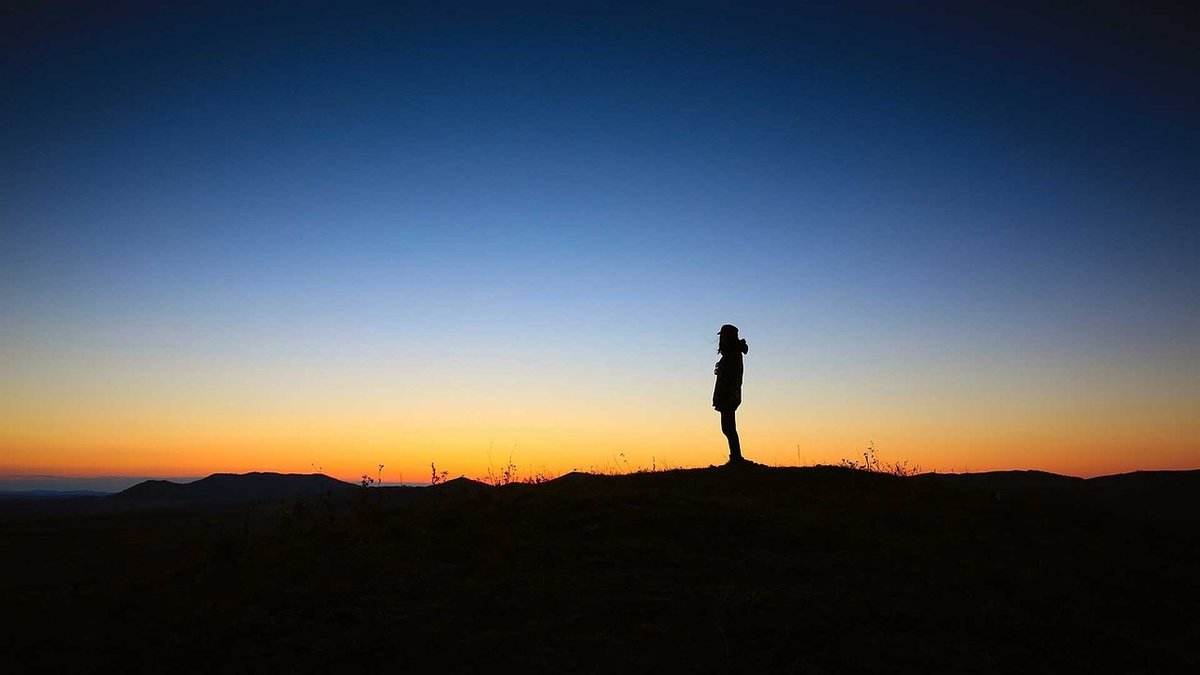
In times of trial such as we are all now enduring, it’s natural and appropriate to look for help outside ourselves: a therapist, a professional, the government, the UN. But as well as appropriate outside help, we all have a resource that is often untapped and unused. We all have resources within ourselves. We just need to recognise them and to practise them. The contemporary interest in mindfulness is a version of something that has been developed by many philosophic and spiritual traditions. In times such as we are all facing today, it is worth returning to these inner sources of strength and nourishment that can sustain us all.
The Stoics were philosophers in ancient Greece who learned to deal with life’s challenges by separating what we can control (how we act), from what we can’t control (what life brings us). They taught that ultimately we are only free in how we respond to the things that come to us, the things over which we have no control.
Marcus Aurelius was an Emperor of Rome who kept a daily diary of his Stoic musings on life and the daily practice that enabled him to deal with the troubles of an empire: endless war, disease, rebellion, famine to name a few. His daily inner retreat gave him a strength to deal with it all:
People seek retreats for themselves – in the country, by the sea, in the hills – and you yourself are particularly prone to this yearning. But all this is quite unphilosophic, when it is open to you, at any time you want, to retreat into yourself.
No retreat offers someone more quiet and relaxation than that into his/her own mind, especially if she/he can dip into thoughts there which put him at immediate and complete ease: and by ease I simply mean a well ordered life. So constantly give yourself this retreat, and renew yourself.
The doctrines you will visit there should be few and fundamental, sufficient at one meeting to wash away all your pain and send you back free of resentment at what you must rejoin….
Finally then, remember this retreat into your own little territory within yourself. Be your own master, and look at things as a human being, as a citizen, as a mortal creature.
Marcus Aurelius, Meditations, Book 4, 3-4
Dr Rudolf Steiner pioneered a modern form of this inner practice. His work provides a contemporary method for finding an inner tranquillity, one that enables us to stand strong in the face of adversity:
Provide for yourself moments of inner tranquillity, and in these moments learn to distinguish between the essential and the non-essential... We should set aside a small part of our daily life in which to concern ourselves with something quite different from the objects of our daily occupations…You will soon find that just these secluded moments, when sought in the right way, give you full power to perform your daily tasks. Should you really have no more time at your disposal, five minutes a day will suffice.
Little by little this higher life will make its influence felt on your ordinary life. The tranquillity of the moments set apart will also affect everyday existence. In your whole being you will grow calmer; you will attain firm assurance in all your actions, and cease to be put out of countenance by all manner of incidents.
You will soon discover how great a source of strength is available to you in these moments thus set apart. Positive thought after thought, each strengthening your whole life, flow into your outlook. They take the place of those that had a hampering, weakening effect. You begin to steer your own ship on a secure course through the waves of life, whereas it was formerly battered to and fro by these waves.
Rudolf Steiner, Knowledge of Higher Worlds
These moments of inner tranquillity are for adults to build into their own lives. What about children? Teachers begin and end our school days by saying a verse together with a class. These verses are moments of mindfulness, a method for providing students with moments of inner tranquillity in the classroom.
Take the following afternoon high school verse. The seven simple lines of this verse crystallise some thousands of years of spiritual and ethical striving across all world traditions whether Christian, Buddhist, Hindu, Muslim, Jewish, or First Nations. Said by our high school students they are a moment of inner tranquillity that over time, and practised daily, can lay a foundation of confidence and strength in the face of life’s trials.
As Marcus Aurelius suggests, they are a way for each student to “dip into thoughts which put her/him at immediate and complete ease”. As Rudolf Steiner suggests, they enable positive thoughts to flow into our students’ minds, strengthening their whole lives, helping them “steer their own ship on a secure course through the waves of life”.
What more could we want at this time?
May Wisdom shine through me
May Love grow within me
May Strength permeate me
That in me may arise
A helper of humanity
A server of Holy things
Selfless and True.
Andrew Hill
Head of School




